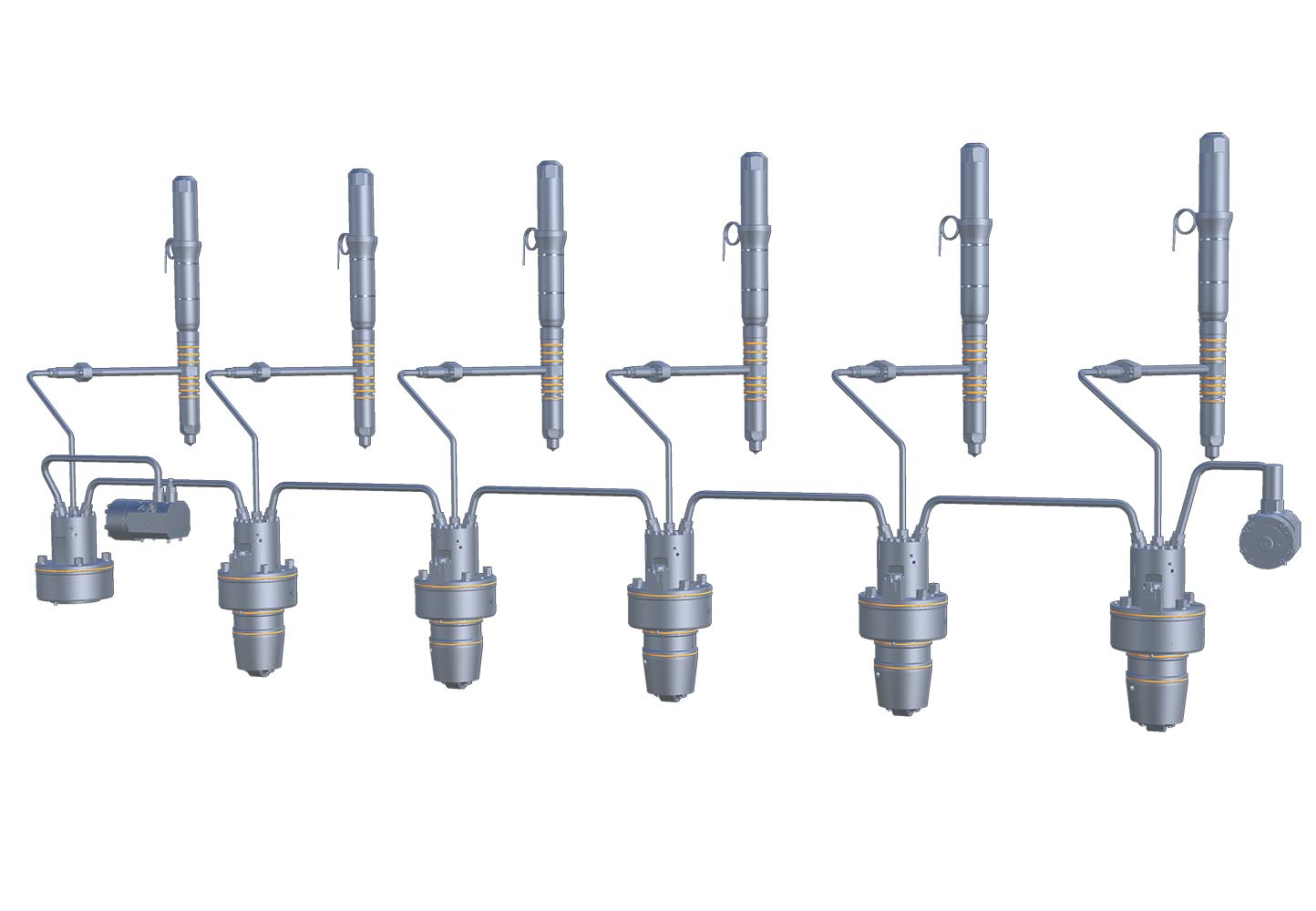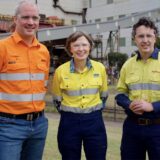
MAN Energy Solutions unveils new common rail injection system
MAN Energy Solutions has introduced its second-generation Common Rail (CR 2.2) fuel-injection system, designed for its medium-speed, four-stroke engines. This new system, which will replace the CR 1.6 model, promises increased efficiency, precision, and flexibility in engine performance. The CR 2.2 system optimises fuel consumption and reduces emissions, making it ideal for various applications across the marine, energy, and industrial sectors. With its ability to meet future emission regulations, the CR 2.2 is set to play a crucial role in helping MAN’s customers transition to more sustainable and efficient energy solutions.
Stefan Eefting, senior vice president and head of MAN PrimeServ Germany, said: “This new common-rail generation integrates the experience and lessons learned from the previous CR generation. A key development is that we have reduced our dependency on subsuppliers and brought production completely in-house, which – in dispensing with external partners – greatly simplifies the technical side of things for us. The result is a proven, modular system that can easily be adapted to different engine sizes and that I’m positive will be well-received by the market.”
Built on 17 years of experience with the previous CR 1.6 system, the CR 2.2 features several enhancements, including up to 38% increased rail pressure and 33% longer time-between-overhaul intervals. The system also boasts a simplified design with fewer high-pressure connections, reducing the risk of leaks and improving serviceability. With these improvements, the CR 2.2 helps engines lower vibrations, noise, and mechanical strain while achieving better fuel efficiency.
The CR 2.2 system will initially be deployed in MAN’s 49/60DF engines and is compatible with various fuels, including hydrotreated vegetable oil (HVO) and fatty acid methyl ester (FAME).
HVO is a type of renewable diesel fuel made by hydrotreating vegetable oils or animal fats. It’s considered a cleaner, more sustainable alternative to conventional fossil diesel, as it has a similar chemical structure but produces lower greenhouse gas emissions and particulates.
FAME is a biodiesel produced by reacting vegetable oils or animal fats with methanol, through a process called transesterification. It is used as a substitute or additive for diesel fuels and is typically blended with conventional diesel to improve environmental performance.
“Common-rail 2.2 brings multiple benefits for engines and engine performance, including reductions in fuel consumption, emissions, vibrations and noise. In general, it offers improved performance and increased robustness compared to its predecessor and has already successfully accumulated over 30,000 engine test hours running on DMA [distillate marine fuel] and HFO [heavy fuel oil],” said Alexander Knafl, senior vice president, head of Engineering R&D Four-Stroke, MAN Energy Solutions.









